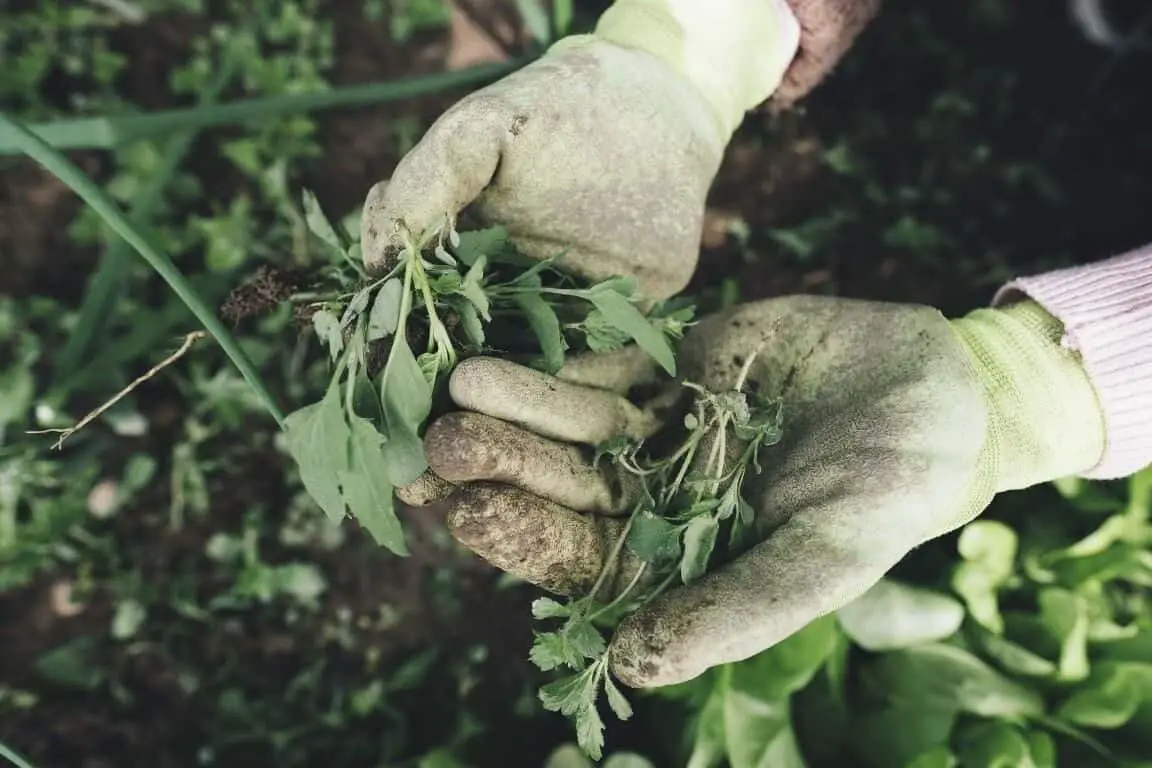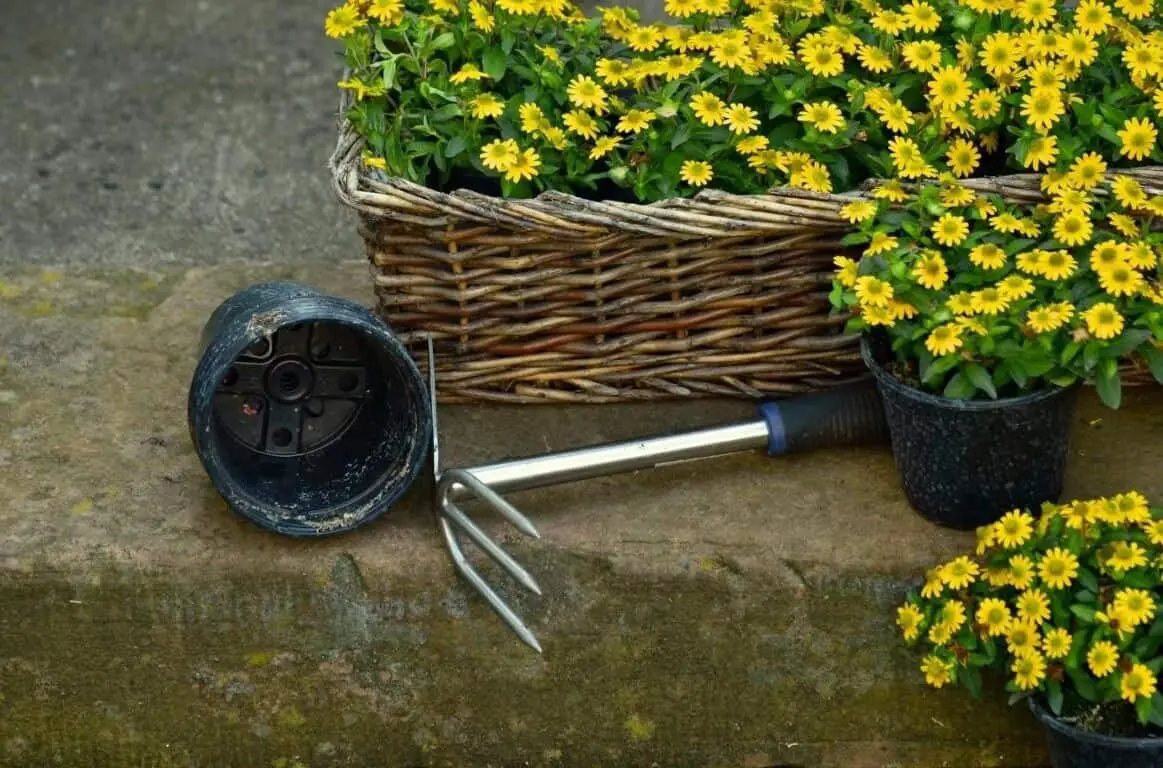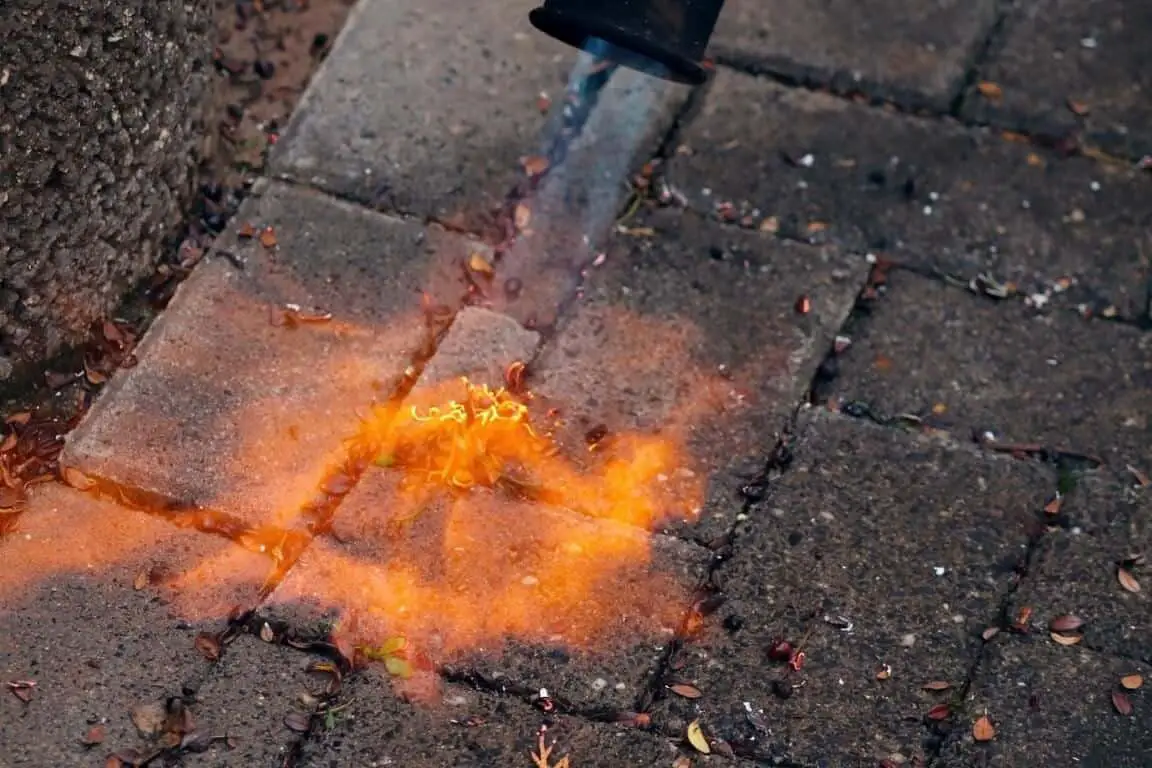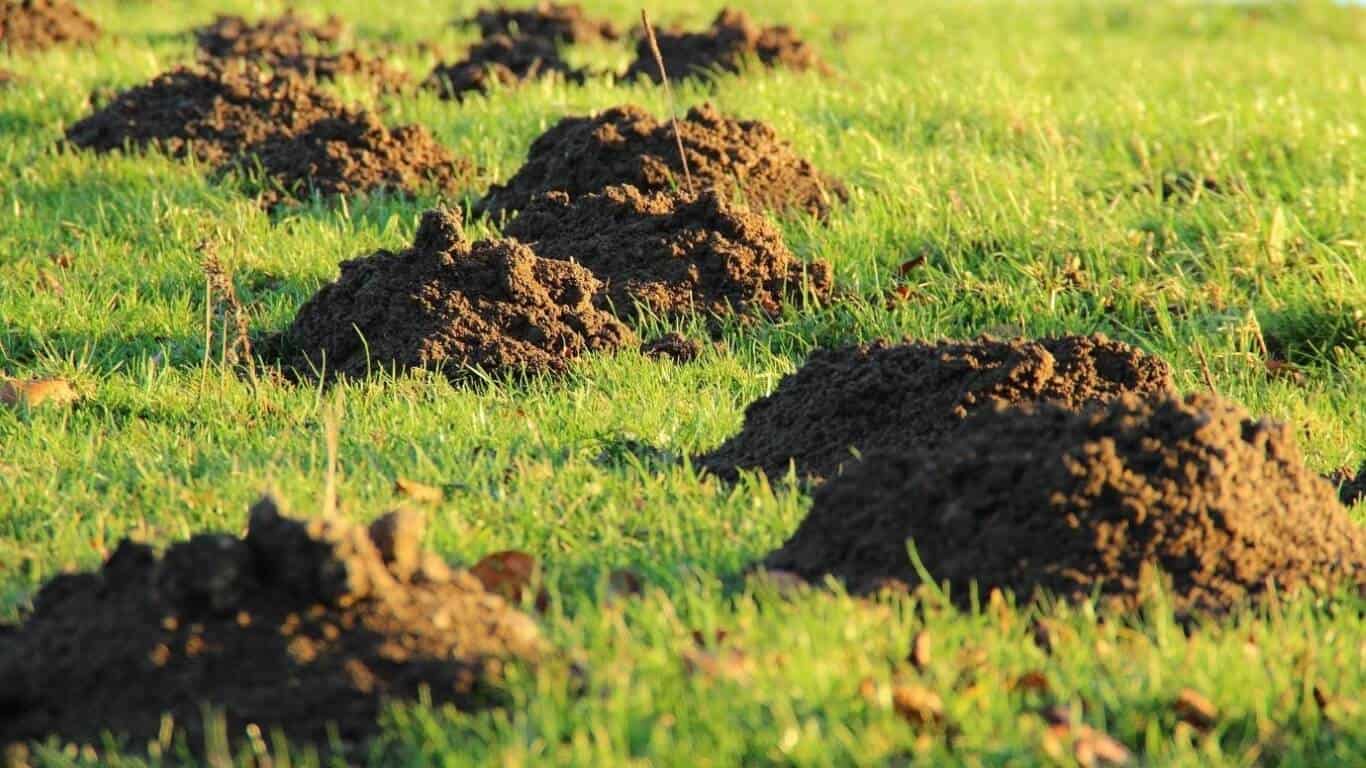Contents
Even if your lawn, garden, or yard is beautiful and well-maintained with a lawn care regime, it can nevertheless attract weeds. In fact, a well-polished lawn is more susceptible to weeds. And why won’t they? You provide inviting soil, and the sun glows on the most condemned plant ever.
Crabgrass, dandelion- anything with a seed likes to work its way to your precious garden and furnished clipped grass. None of us like or want weeds in our precious yard. Weeds can actually harm the plants in our yard. Therefore, it is essential to remove them from your lawn.
Although there are many chemical methods available for you to clear your gardens from unwanted weeds, many people prefer homemade remedies. If you are one of these people, then dwell below to find out some homemade weed killer?

Why Should You Use A Homemade Weed Killer?
The term weed basically does not apply to a particular type of plant, but it can mean any unwanted plant that is simply problematic or invasive. The reason they crop up in your garden is that it provides them a suitable environment for many types of weeds. They get plenty of sunlight, the right soil for germination as well as all other things required for growth. Some common types of weed can be wild violet, wild onion, crabgrass, thistles, and many more.
Using certain types of chemicals to remove these weeds is said to harm other plants, insects in your lawn. They are also toxic to the environment and have a negative effect on other species and plants. Some of the harmful effects of using chemicals to remove weed are listed below-
-
Pollutes The Air
Chemicals to control weeds usually come in sprayable forms, which increases their chances of getting soaked into unwanted plant roots and foliage. But if you do not spray properly, the chemicals will meander into surrounding areas. This could affect the wanted plants, and they may suffer or die from exposure. Also, when using chemicals, it is best to avoid windy days. It is said temperatures above 85 degrees Fahrenheit leads chemicals to quickly swift into the surrounding air.
-
Contamination Of Soil And Groundwater
Many chemical fertilizers cover plants in a manner that slowly destroy weeds. If a rainstorm, however, occurs, then the chemicals can dwell in the soil below your plants. This water runoff can cause harmful substances to reach water supplies in the area, and this can lead to water pollution.
-
Harm To Other Organisms
As these chemicals have the potential to contaminate underground water, they can harm the organisms living underwater. Fish can get harmed by toxins, as well as the birds that eat fish. The chemical which floats away with air also hampers insects.
At the end of the day, the choice, though, lies with you; it is best if you use homemade weed killer. Try to avoid using chemicals to save the environment.

How To Create a Homemade Weed Killer?
1. Vinegar Based Weed Killer
Vinegar is considered to be an essential element in creating a great homemade weed killer. You need to add in a spray bottle- one-gallon white vinegar, one cup salt, and one tablespoon liquid to get the vinegar-based weed killer.
It is best if you use this home-based killer at the sunniest time for the best results. The acetic acid present in the vinegar squeezes out moisture from the weeds, which results in their death. It is a well-known recipe that removes all kinds of weeds from your lands. Also, a word of caution, vinegar is pretty strong, so use a glove or mask for safety.
2. Orange Oil
It is a natural product that you get from the oils squeezed out from the peels of orange. Orange oil is a key component of gardening and household use. It helps to kill weeds from the foliage of plants. Also, orange oil contains d-Limonene- referred to as an insecticide.
3. Salt-Based Weed Killer
If you have weeds growing on the driveway, then you can use the salt-based weed killer. Salt mixed with boiling water can kill any plant. This makes it a great solution for weeds on the driveway or sidewalk. Also, instead of a round pot, it is best if you use a tea kettle to pour boiling water on the unwanted plants in an easy and safe way.
4. Lemon Juice
This pretty fruit not only grows in the garden but helps to keep its beauty intact as lemon juice works as a natural acid to remove weeds. Simply fill a bottle with lemon juice and use it on perpetrators. It will dry the leaves and kill the weeds within two days. Plus, you can also mix lemon juice with vinegar to create a homemade weed killer.
5. Newspaper
It is a simple and natural weed killer used by professional landscapers. If your garden is infected, employ a weed whacker for the culprits and then cover with the newspaper. This will block the weed from growing by blocking the sun and air. Plus, if you add mulch on the top, then the weeds won’t come up ever.
Some Additional Remedies To Remove Weeds
1. Remove The Weeds By Hand
The method to dig weeds out by your hand is a safe and natural way to control the weed. You need to be careful while removing weeds that have gone for germination. Otherwise, the seeds of the weeds will disperse as you pull out. To avoid this from happening, place a paper or plastic bag over the seed top of the plant, grip the neck of the bag firmly around the stem as you pluck it out. Moreover, for smaller or annual weeds, you can make use of a hand fork to dig out the weeds. Lastly, the main thing you need to remember is when hand removing the weeds, you need to pluck out every last piece of stolon, root, rhizome, etc., if you want to truly remove weeds from your garden.

2. Hoeing
Hoeing is another chemical-free way to make your garden weed-free. It involves cutting the weed from the surface of the soil. A Dutch hoe can be used for this purpose, which features a cutting edge at the front. You need to sprint this edge across the soil into the weed and cut the stem of weed from below the surface. This method is considered best for annual or perennial weeds that don’t come with root systems, which allows the plant to revive.
3. Burning Weeds
With the help of a flame gun, you can burn off the weed. This is another great method for small spaces or spot weeding- taking care of specific weeds. It is usually used on weeds present on hard surfaces or those which are trapped in between cracks at the paving slabs. Furthermore, being similar to hoeing, burning the weeds off affects only the above-ground part of the weed; therefore, this method is best for removing well-rooted perennials. Remember, when burning off weed, you are required to retain the weed for 2-3 seconds.

4. Mulching
If you have ground covered with lots of mulch, cut them down when you get time. Try to cover with 2-3 inches thick mulch. Plus, if you have more time, you can then shield the mowed seeds with newspaper or plastic, but mind you, this process can take time. If you want to put sod in an area that has been covered with weeds, it kills even the seeds of the weeds but allows other plants to grow as soon as the mulch is removed.
5. Allow Your Lawn To Grow Taller
For the weeds that grow in the lawn, one of the easiest ways to control them is to allow your lawn to grow taller. This will help the grass plants to shadow the soil and crowd weed seeds. The lawn will further grow longer roots and thus have a thicker ridge, which allows it to crowd out the recent or new weeds.

Principles To Keep In Mind While Removing Weeds
- If you are dealing with weeds organically, then it is not a simple and one-act solution. In most cases, you need to take several actions for some time or period to completely remove the weed from your grounds.
- The essential thing to keep in mind when following an organic approach to control weed is that weed requires similar things as any other plant. You can take advantage of this and remove any leafy growth weeds put on, basically weaken it to a point; it can’t survive.
- To reduce or remove the threat from weeds, it is best if you can take them out before the weeds can flower or set their seed. In fact, many plants have become coherent at flowering instantly and creating seeds that spread wide and far.
Conclusion
Hopefully, by now, you must have gotten an idea of how you can remove the weeds from your garden organically and safely. These homemade recipes are completely free from chemicals and simple to use as well as make. Further, it is best if you use them to control weed and avoid using chemicals for the sake of our environment.
Want to know more about gardening ?
Fill in your email address in the form below and you'll receive all the latest updates directly in your in-box.
Thank you for subscribing.
Something went wrong.